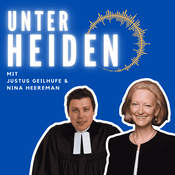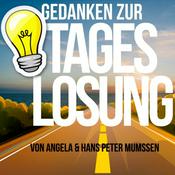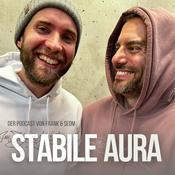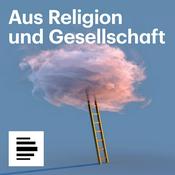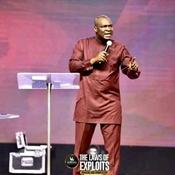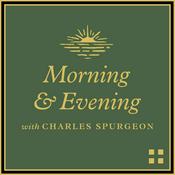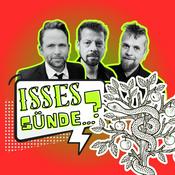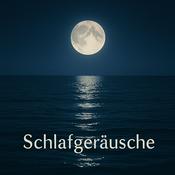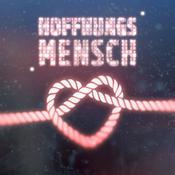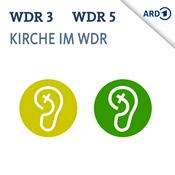Bishop Barron’s Sunday Sermons - Catholic Preaching and Homilies
Bishop Robert Barron
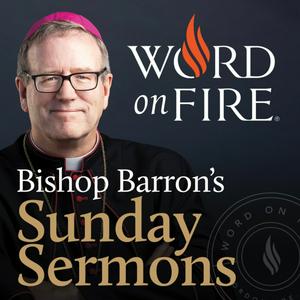
Neueste Episode
1037 Episoden
- Friends, this Sunday, right before the commencement of Lent, the Church is giving us something of great moment to reflect on—namely, the centrality of freedom and choice for the good at the center of the spiritual life. As Thomas More puts it in A Man for All Seasons, “God made animals for innocence and plants for their simplicity. But Man He made to serve Him wittily, in the tangle of his mind.” God wants us to give him glory in a particular way: through our intellect and will—our search for truth and our love for him.
- Friends, a great professor of mine at Mundelein Seminary, Dr. Richard Issel, once said, “If you want to be happy, stop worrying about being happy and get on with becoming fulfilled.” We find something similar in Jordan Peterson’s observation that “self-consciousness is equivalent to misery.” In short, we’re most unhappy when we’re turned inward, fussing about ourselves. If you want to be psychologically healthy, forget about yourself and move out toward others. I always think of this when I come across our Gospel for today from the great Sermon on the Mount.
- Friends, for the next several weeks, we’re going to be reading in our Gospel from the primal teaching of Jesus: the Sermon on the Mount. And we begin today with a kind of overture to it, which we call the Beatitudes. “Beatitudo” in Latin means “happiness”—the one thing we all want, no matter who we are or what our background is. Jesus, the definitive teacher, is instructing us on what will make us happy—and so we listen.
- Friends for this Third Sunday in Ordinary Time, our first reading from the prophet Isaiah and our Gospel from Matthew both have a section that’s a little weird. While most preachers skip over these sections to get to the better-known and understandable parts, I want to dwell, on purpose, on the strange parts—and they have to do with the lands of Zebulun and Naphtali.
- Friends for this Third Sunday in Ordinary Time, our first reading from the prophet Isaiah and our Gospel from Matthew both have a section that’s a little weird. While most preachers skip over these sections to get to the better-known and understandable parts, I want to dwell, on purpose, on the strange parts—and they have to do with the lands of Zebulun and Naphtali.
Weitere Religion und Spiritualität Podcasts
Trending Religion und Spiritualität Podcasts
Über Bishop Barron’s Sunday Sermons - Catholic Preaching and Homilies
A weekly homily podcast from Bishop Robert Barron, produced by Word on Fire Catholic Ministries.
Podcast-WebsiteHöre Bishop Barron’s Sunday Sermons - Catholic Preaching and Homilies, Worthaus Podcast und viele andere Podcasts aus aller Welt mit der radio.de-App

Hol dir die kostenlose radio.de App
- Sender und Podcasts favorisieren
- Streamen via Wifi oder Bluetooth
- Unterstützt Carplay & Android Auto
- viele weitere App Funktionen
Hol dir die kostenlose radio.de App
- Sender und Podcasts favorisieren
- Streamen via Wifi oder Bluetooth
- Unterstützt Carplay & Android Auto
- viele weitere App Funktionen


Bishop Barron’s Sunday Sermons - Catholic Preaching and Homilies
Code scannen,
App laden,
loshören.
App laden,
loshören.


